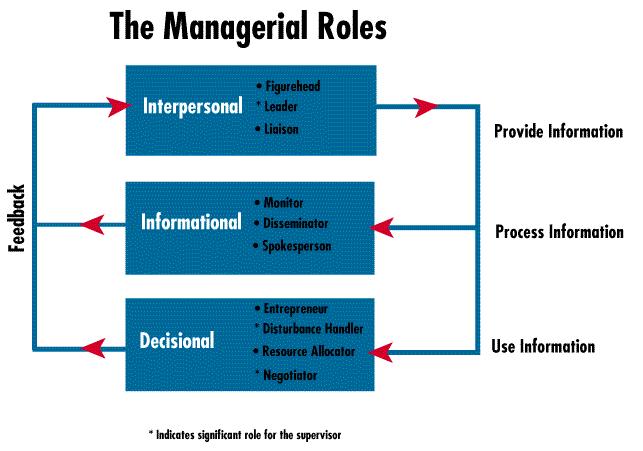Managers at every level in the management hierarchy must exercise three basic types of skills: technical, human, and conceptual. All managers must acquire these skills in varying proportions, although the importance of each category of skill changes at different management levels.
Technical skills:
- Technical skills refer to the ability and knowledge in using the equipment, techniques and procedure involved in performing specific tasks.
- These skills require specialized knowledge and proficiency in the mechanics of a particular.
- Technical skills lose relative importance at higher levels of the management hierarchy, but most top executives started out as technical experts.
Human skills:
- Human skills refer to the ability of a manager to work effectively with other people both as individual and as members of a group.



